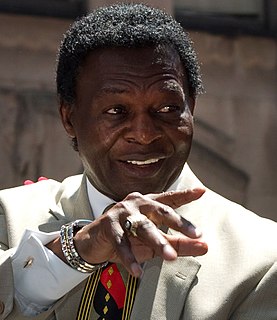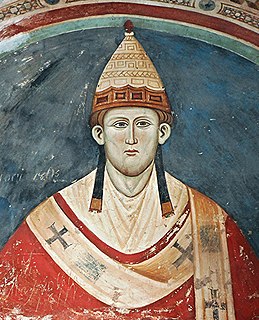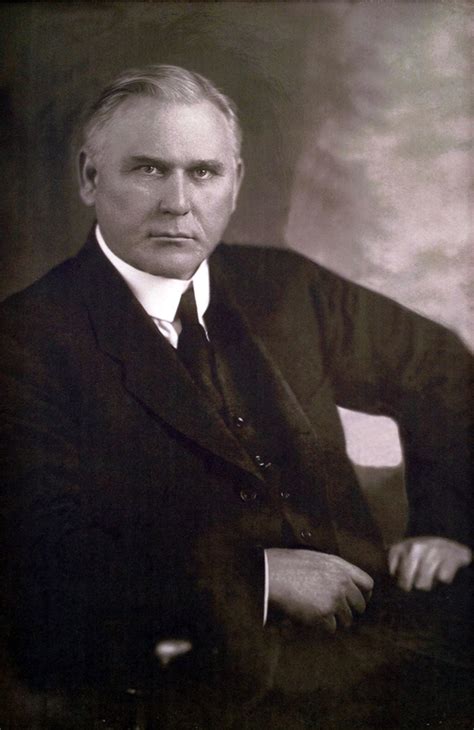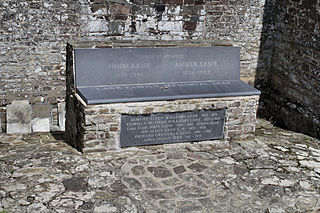A Quote by John Locke
The Church which taught men not to keep faith with heretics, had no claim to toleration.
Related Quotes
Baptism does not profit a man outside unity with the Church ... For many heretics also possess this Sacrament but not the fruits of salvation ... The benefits which flow from Baptism are necessarily fruits which belong to the true Church alone. Children Baptized in other communions cease to be members of the Church when, after reaching the age of reason, they make formal profession of heresy, as, for example, by receiving communion in a non-Catholic Church.
Therefore, a prudent ruler ought not to keep faith when by so doing it would be against his interest, and when the reasons which made him bind himself no longer exist. If men were all good, this precept would not be a good one; but as they are bad, and would not observe their faith with you, so you are not bound to keep faith with them.
Our contention is not for mere toleration, but for absolute liberty. There is a wide difference between toleration and liberty. Toleration implies that somebody falsely claims the right to tolerate. Toleration is a concession, while liberty is a right. Toleration is a matter of expediency, while liberty is a matter of principle.
Such then in number and importance are the precious ties belonging to the Christian name which keep a believer in the Catholic Church, as it is right they should ... With you, where there is none of these things to attract or keep me... No one shall move me from the faith which binds my mind with ties so many and so strong to the Christian religion... For my part, I should not believe the gospel except as moved by the authority of the Catholic Church.
Actuated by these motives, and apprehensive of disturbing the repose of an unsettled reign, Julian surprised the world by an edict which was not unworthy of a statesman or a philosopher. He extended to all the inhabitants of the Roman world the benefits of a free and equal toleration; and the only hardship which he inflicted on the Christians was to deprive them of the power of tormenting their fellow-subjects, whom they stigmatised with the odious titles of idolaters and heretics.
Thoughtful men, with hearts craving the truth, have come to seek in the Catholic Church the road which leads with surety to eternal life. They have understood that they could not cleave to Jesus Christ as the Head of the Church if they did not belong to the Body of Jesus Christ which is the Church. Nor could they ever hope to possess in all its purity the faith of Jesus Christ if they were to reject its legitimate teaching authority entrusted to Peter and his successors.
And so, lastly, does the very name of "Catholic", which, not without reason, amid so many heresies, the Church has thus retained; so that, though all heretics wish to be called Catholics, yet when a stranger asks where the Catholic Church meets, no heretic will venture to point to his own chapel or house.
The entire force of the Conciliar revolt comes from the fact that it has apparently been imposed by the authority of the Church. How many bishops, priests, religious, and laymen, would have swallowed the lies of the heretics if they had not believed themselves bound to do so by the voice of Christ's Vicar on earth? Questioning the authority of these men renders their revolution of doubtful authenticity.
But why do some people support [the heretics]?" "Because it serves their purposes, which concern the faith rarely, and more often the conquest of power." "Is that why the church of Rome accuses all its adversaries of heresy?" "That is why, and that is also why it recognizes as orthodoxy any heresy it can bring back under its own control or must accept because the heresy has become too strong.







































